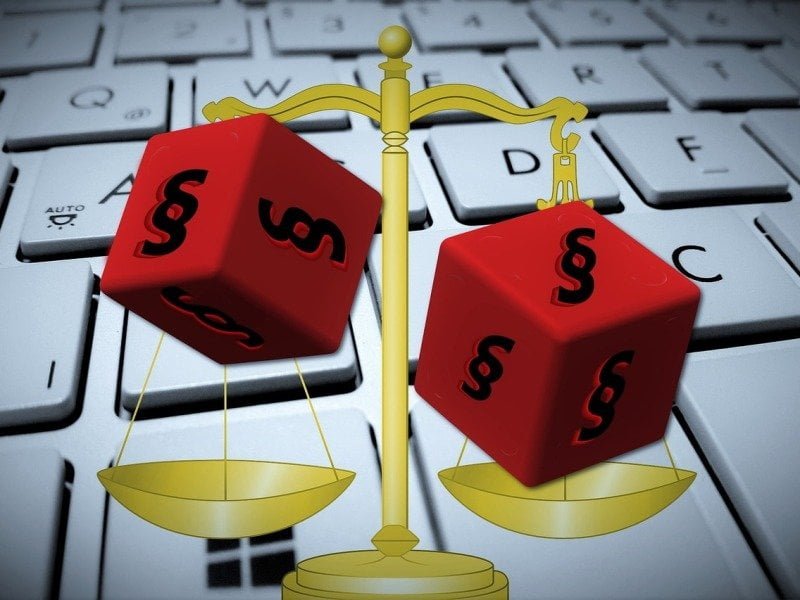Reinier advises national and international companies
reinier.russell@russell.nl +31 20 301 55 55What does a judge consider in a conflict on the explanation of the articles of association – the text only or will he also consider other criteria?

When establishing an nv, bv, association or foundation, the mutual relations within the organisation will be documented in the articles of association by a civil-law notary. The articles of association form the basic rules of the legal entity. For instance, they govern the rules of the company, the appointment and dismissal of directors, the way the general meeting of shareholders is to be convened and what the rules regarding the issuance of shares are.
In case of derogation from the law when drawing up the articles, a dispute on the meaning of the statutory provisions may arise. The parties may assign a different meaning to a provision. The articles of a foundation provided that board members could only be dismissed unanimously. When two board members were nominated for dismissal they voted against each other’s dismissal. So how unanimous must “unanimously” be then? How does the provision have to be explained? Does it have to be taken literally and hence explained objectively, or does the intention of the parties regarding a certain provision also play a role?
The main rule is that the articles must be explained objectively. Therefore, in principle, the intention of the parties when drawing up the provision must not be considered, what must be considered is its pure linguistic meaning only.
There are several reasons for the objective explanation to be the principle in legal practice, such as:
In some cases the main rule will no longer be applied or only applied to a limited extend. In these cases the court will opt for a subjective explanation where another meaning than the purely linguistic one will be assigned to the provisions. In these cases, generally the intention of the parties and reasonableness and fairness will be considered.
The intention of the parties regarding a statutory provision may play a role in the following cases:
In addition to what is described above, reasonableness and fairness may also play a role for the explanation of statutory provisions. After all, the legislator has provided that the relations between the institutions shall be governed by reasonableness and fairness. This can result in a subjective explanation of the provisions. For the dismissal of the board members, the court of appeal considered that an objective explanation would lead to an unreasonable result and that the decision notwithstanding the dissenting vote of the two board members concerned was taken in a sufficiently unanimous manner to fulfil the statutory requirements.
The principle is therefore an objective explanation of statutory provisions, however in some cases the intentions of the parties when including the provisions in the articles and reasonableness and fairness will be considered as well and hence a more subjective explanation will apply.
Are you in doubt as to how articles must be understood or applied or do you have any other questions regarding the articles? Please contact us:
On 16 December 2025, the House of Representatives of the Netherlands adopted the Digital General Meeting for Private Law Legal Entities Act. This Act makes it possible to hold general meetings entirely digitally. What does this mean for directors and shareholders of private limited companies, public limited companies and other legal entities?
When can directors be held personally liable? What can directors do to prevent being held personally liable?
The Transparency and Countering Undermining by Civil Society Organisations Act (Wtmo) imposes a number of new obligations on charities in the Netherlands. What are these? What measures should non-profit organisations take as a result?
Managing a nonprofit organization requires not only idealism and dedication, but also a sensible approach to legal opportunities and risks. This ensures that the charity is future-proof. What are the important issues that need to be properly addressed?
An earn-out in the event of a company takeover offers opportunities and risks. The former director and major shareholder remains involved in the company and part of the purchase price remains dependent on future performance. What aspects are important here?
Many companies do not have a works council, even though they should. When is it mandatory to establish one? What are the advantages of a works council? What are the consequences if your company does not have a works council?